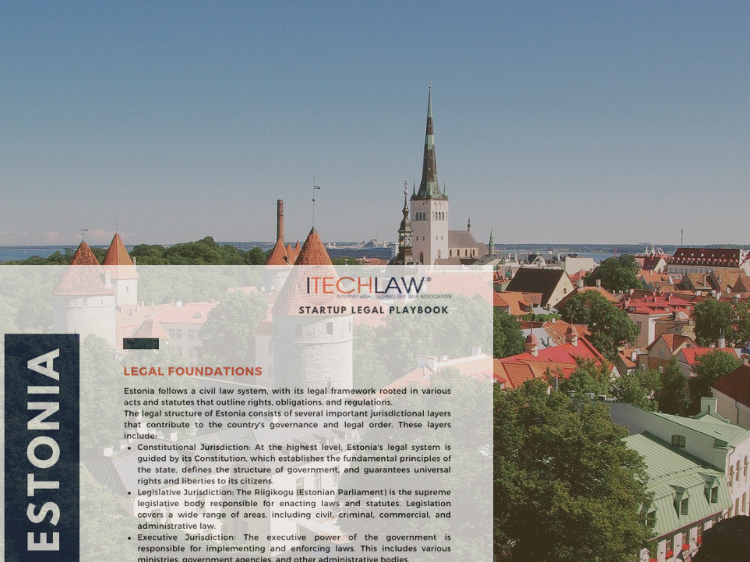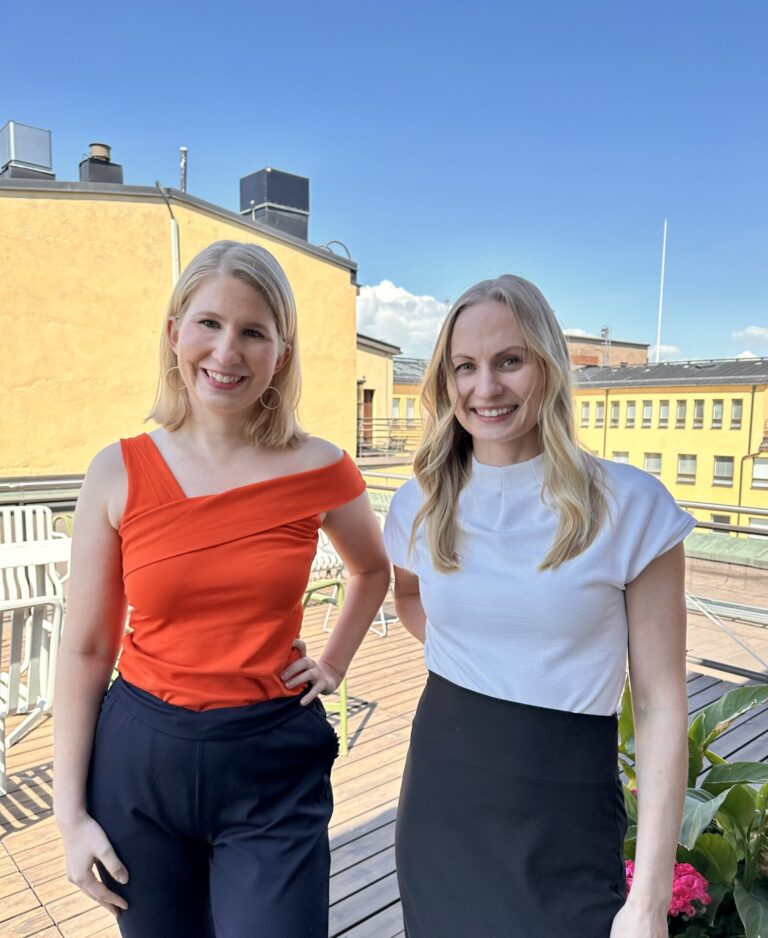
Supreme court states that, where clarifying the content of the applicable foreign law, the court also shall examine foreign doctrine and foreign case law
Case facts
SIA “Winergy” in 2012 took a loan from a company based in Switzerland by the name of “LATEKO TRUST SA”. In 2015 “LATEKO TRUST SA” was claimed bankrupt. In 2017 the person leading the liquidation proceedings in a letter stated that “LATEKO TRUST SA” and majority of its creditors have decided to give up their rights to collect the debt from SIA “Winergy”.
However eight “LATEKO TRUST SA” creditors did not give up their right to collect the debt and used the right to lead the proceedings of debt settlement themselves, in accordance of the law on Debt Recovery and Bankruptcy of the Federation of Switzerland (Law).
In the debt collection process, 1 of 8 creditor was liquidated and all its obligations, rights and assets were assigned to person A. Based on that, person A (alone, without other 7 creditors) brought an action against SIA Winergy for recovery of 1 944 119.88 EUR in accordance with Convention on jurisdiction and the recognition and enforcement of judgments in civil and commercial matters (Convention).
The court of the first instance and court of appeal satisfied person A claim. Court of appeal decision was appealed by SIA “Winergy” (defendant), based on the fact that court of appeal has not interpreted the Law correctly and Person A has no right to raise the claim of debt settlement alone without the other 7 creditors involved.
Supreme court’s decision
The Supreme court stated that above-mentioned case circumstances are not typical. Namely, in insolvency (bankruptcy) proceedings the interests of the creditors are usually represented by appointed officials or their authorized representatives. Person’s A rights to raise a claim alone, without other 7 creditors against person A was based on Law.
Thereof, the court shall evaluate, whether the Law allows person A to rise a claim alone, without other 7 creditors against SIA “Winergy” if other 7 creditors have not waived from such rights. Moreover, in accordance with Section 655 of the Civil Procedure Law, clarification of the content of foreign law is, in any case, a court’s obligation, as the content of law can be revealed not only with the help of the parties involved in the case but also by examining foreign doctrine foreign case law, especially in circumstances when parties opinion (including explanations) differ on the content of the foreign law.
The Senate reversed the decision made in the Court of Appeal and sent the case back to the Court of Appeals for examination.
Magnusson comment
This case highlights the obstacles that national courts face whenever presented with the need for interpreting foreign laws in their decisions. Meaning, in case parties opinion (including explanations), differ on the content of the foreign law, the court shall evaluate foreign doctrine and foreign case law.
If there are additional questions or need for a consultation on interpretation or adaption of foreign law in a national law context, do not hesitate to contact our attorneys Matīss Rostoks and Artūrs Ševčuks.
Contact

Matīss Rostoks
Managing Partner
Real estate, Corporate and M&A, Restructuring and Insolvency, Tax
Send me an email +371 29192427
Artūrs Ševčuks
Partner
Employment, Commercial, Corporate and M&A, Dispute Resolution, Intellectual Property, Technology
Send me an email + 371 28739337









